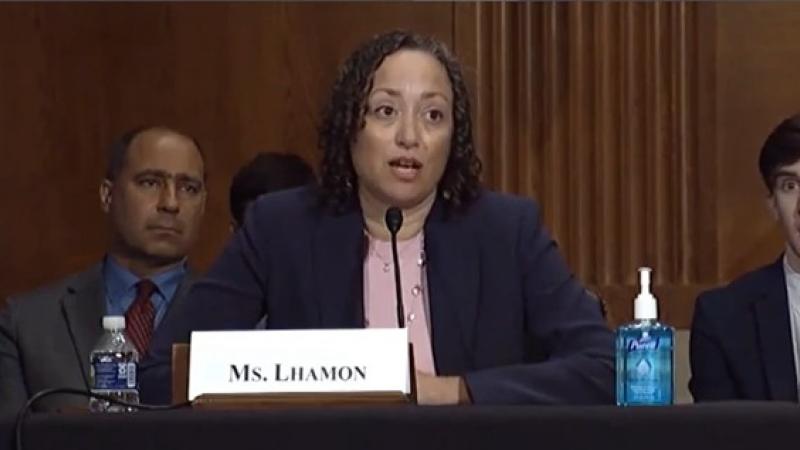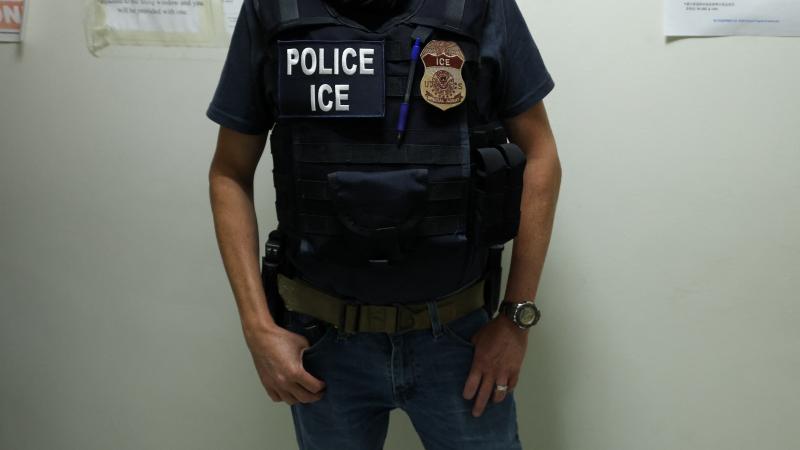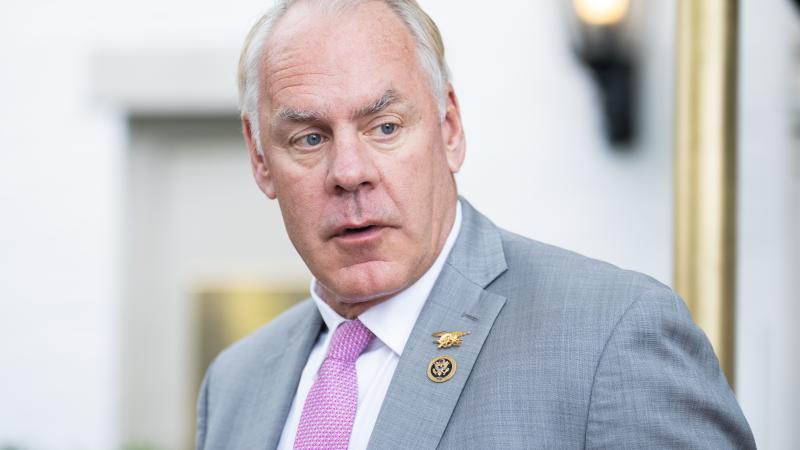Evidence-based medicine publisher held up mask meta-study because it lacked 'right answer': author
Updated Cochrane review reaffirms no measurable effect from masks on respiratory viruses, but 2020 version faced hurdles and bias when mask policy was up for grabs, Oxford's Tom Jefferson says.
November 2020 was a busy month for published scientific research that could have undermined developing COVID-19 policies, if released a few months sooner.
That's when the CDC divulged that Red Cross blood samples from the previous winter revealed that 2% of donors from the West Coast had COVID antibodies in mid-December 2019, raising the question of how "15 days to slow the spread" could work in March 2020.
The researchers behind a Danish randomized controlled trial (RCT) of mask-wearers that ended in June 2020 finally reported their findings — no effect on infection rates — five months later after struggling to find a major publisher.
The first update of mask meta-research in nine years, covering studies through January 2020, also finally came out 10 months later, likewise showing no effect on respiratory infections.
That review's findings were reaffirmed in an update last week by the same group of specialists in charge of "acute respiratory infections" for Cochrane, an international research collaborative often deemed the "gold standard" of evidence-based medicine.
An ARI group member had harsh words for Cochrane in an interview Sunday with medical scientist-turned-journalist Maryanne Demasi, accusing the U.K.-based medical charity of stifling and undermining his group's 2020 review to minimize its impact on developing COVID policies.
Even as it inexplicably held the group's study for seven months and subjected it to additional scrutiny, at a time when credible mask research was desperately needed, Cochrane published "unacceptable pieces of work ... that gave the 'right answer'" on masks, University of Oxford epidemiologist Tom Jefferson said.
When the Danish mask study finally came out, Jefferson wrote that the paucity of research on masking and COVID suggests a "total lack of interest from governments in pursuing evidence-based medicine." Instead of the U.K. and Italy randomizing half their populations to masking, they "ran around like headless chickens," he told Demasi.
That official disinterest in RCTs more than two years later has sustained mask mandates in a handful of U.S. settings, especially educational and medical, with varying justifications.
Two major hospitals in the same Kentucky city reversed roles on mask mandates the same day last week, CBS affiliate WKLY reported.
The University of Louisville dropped its mandate due to a "holistic" approach based on vaccination rates, low hospitalizations and declining transmission, while Norton Hospital reinstated its mandate because Jefferson County was in the CDC's "red" zone for transmission.
Daniela Jampel, fired by New York City's Law Department for posing as a journalist to question Mayor Eric Adams about a broken promise to unmask children, noted that the LensCrafters location she visited only mandated masks for eye tests — a medical function — not eyewear sales. LensCrafters didn't answer a Just the News query on whether this is a top-down policy or store-by-store, but it's not mentioned as such on the chain's COVID page.
The updated Cochrane review found enough RCTs to fully exclude observational studies, a favorite of public health authorities because they often show masks have some effect on COVID rates. The CDC repeatedly hawked an Arizona school mask study with a host of methodological problems, for example.
Rather than publish the 2020 review when mask policy was being hashed out worldwide, "for some unknown reason, Cochrane decided it needed an 'extra' peer-review" and "unnecessary text phrases" emphasizing the reviewed studies didn't include COVID-19 trials, Jefferson told Demasi, his former Cochrane collaborator.
The seven-month review period "just happened to coincide with the time when all the craziness began, when academics and politicians started jumping up and down about masks," he said. "They are activists, not scientists."
The lengthy delay and extra process, combined with a parallel Cochrane editorial cautioning that "most of the evidence" considered by the ARI group was "from studies examining effects in wearers" rather than transmission effects, showed the organization was trying to undermine his group, Jefferson believes.
The editorial argued that policymakers "must act on incomplete evidence" in response to COVID because "[w]aiting for strong evidence is a recipe for paralysis."
The Cochrane editors insisted that "lack of evidence of effectiveness is not evidence that the interventions are ineffective" but rather that it's hard to measure specific behavioral interventions that are often deployed "in combination in a general population." (Jefferson faulted one of the new RCTs his group considered, the Bangladesh mask study, for this reason.)
Jefferson dubbed the editorial's reasoning "a complete subversion of the 'precautionary principle' which states that you should do nothing unless you have reasonable evidence that benefits outweigh the harms."
He disavowed the notion that he's an "expert," a term he associates with low-value predictions and modeling. "You just have to look at the so-called 'experts' that have been advising government."
Harry Dayantis, spokesperson for the Cochrane Central Executive Team, told Just the News the 2020 review "went through our editorial process which includes external peer review, technical editing and copyediting," and was not unusual by peer-review standards. He said the 2023 review was no different and "took roughly the same amount of time."
Responding point by point to Jefferson's allegations was not possible Monday because Dayantis couldn't reach "the people who'd be in a position to provide this level of detail," he said.
The updated review is drawing wide attention in the evidence-based medicine community. "When groups aren't chosen at random, one group may do better because it has healthier characteristics," cardiac electrophysiologist John Mandrola wrote in the Sensible Medicine newsletter.
He praised the updated review for limiting itself to RCTs, recognizing that "people who chose to use physical interventions (such as masking) are likely to do multiple other things to stop the spread of a virus" and confound the effect of masks.
The findings reinforce the "common sense" among healthcare professionals, who don't even wear masks consistently while trying to drink their coffee in hospital wards, Mandrola said.
Even if challenged by other research, the updated Cochrane review makes Hong Kong's ongoing universal mask mandate "frustrating," Hong Kong-based Bloomberg reporter Michelle Fay Cortez wrote in her Monday roundup.
The mandate applies outdoors as well as indoors and carries a "spot fine" of about $637, according to Cortez. "The policy is wearing thin on residents," she said. "It is miserable to be wearing a mask, and glasses, especially in Hong Kong's long, humid summers."
The Facts Inside Our Reporter's Notebook
Videos
Links
- Red Cross blood samples from the previous winter
- "15 days to slow the spread"
- struggling to find a major publisher
- first update of mask meta-research in nine years
- Its findings were reaffirmed in an update
- harsh words for Cochrane in an interview Sunday
- 2020 review
- Jefferson wrote that the paucity of research on masking and COVID
- CBS affiliate WKLY reported
- CDC's "red" zone for transmission
- posing as a journalist to question Mayor Eric Adams
- chain's COVID page
- CDC repeatedly hawked an Arizona school mask study
- parallel Cochrane editorial
- Bangladesh mask study
- John Mandrola wrote in the Sensible Medicine newsletter
- Bloomberg reporter Michelle Fay Cortez
















